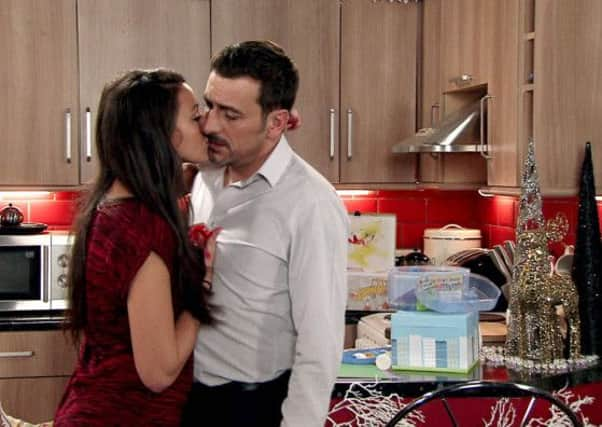Scottish word of the week: Hochmagandy


Rumpy-pumpy, how’s your father, jiggery-pokery: these are just some of the coyer terms at hand. Despite the generous supply of euphemisms in the English language, there’s a Scots word that is far more vivid in describing, er, you-know-what.
Hochmagandy, also spelled houghmagandie, is a mildly coarse, schoolboy humour term that seems to immediately insinuate some sort of wrongdoing despite its cheerful sing-song meter. Rather than being a general word to describe the act, it more often refers to the sort of sex you shouldn’t be having (by 18th century standards): pre- or extra-marital.
Advertisement
Hide AdAdvertisement
Hide AdJohn Lauderdale’s 1796 poem gives a good example of how hochmagandy might have been used in regular discourse:
“Be not sair on hough-magandie, As it’s a fit o’ friendly passion, And vera muckle now in fashion. But not everyone is so broadminded and so Robert Tannahill writes in 1805: The priest convenes his scandal court, Tae ken what houghmagandie sport Has been gaun on within the parish”
Literary references to hochmagandy date back to at least 1700, although they are rather less frequent in the 20th and 21st centuries.
Liz Lochhead’s Scots adaptation of Tartuffe, a French theatrical comedy by Moliere, is one of the finest recent uses:
If you were barescud-nakit, aye and geared
Up guid and proaper, staunin’ hoat for houghmagandie
I could lukk and lukk ett you, and no get randy.